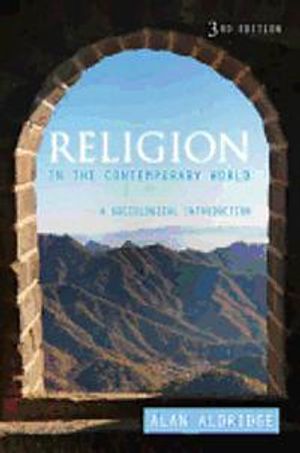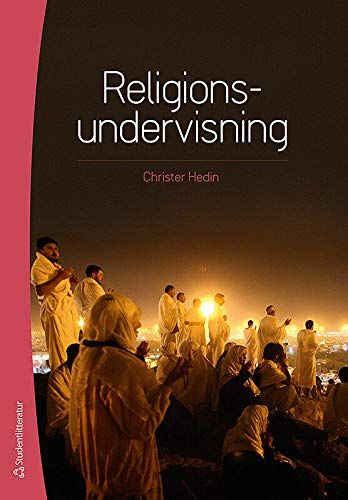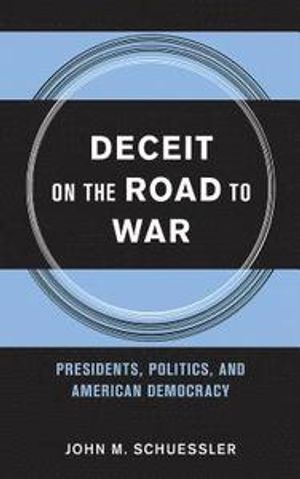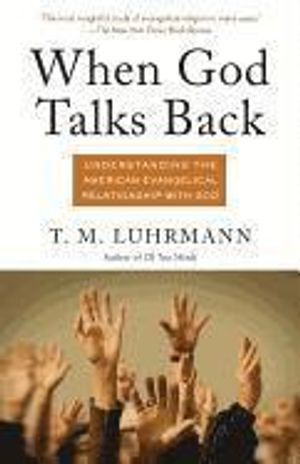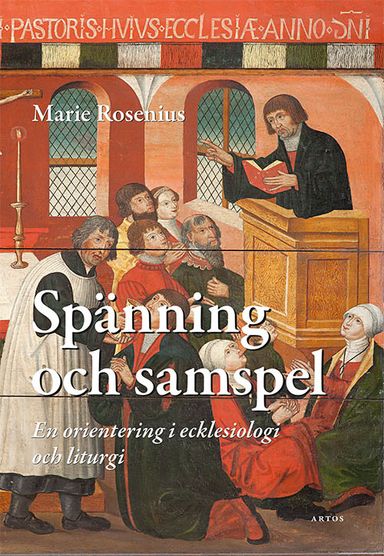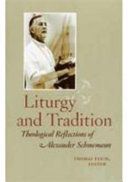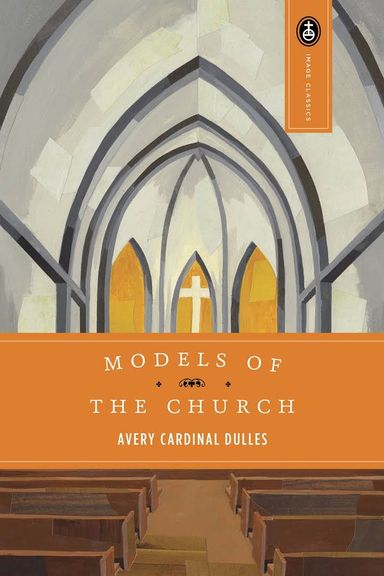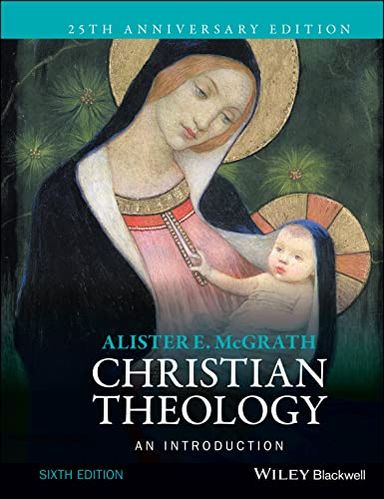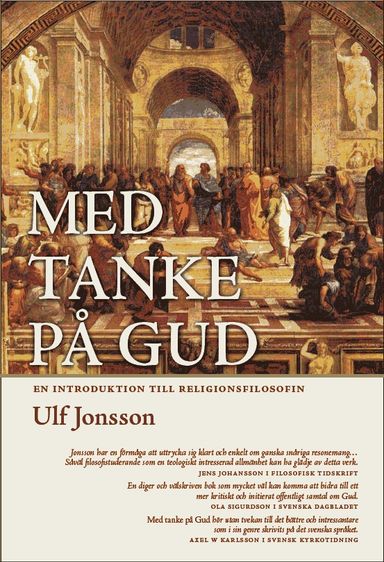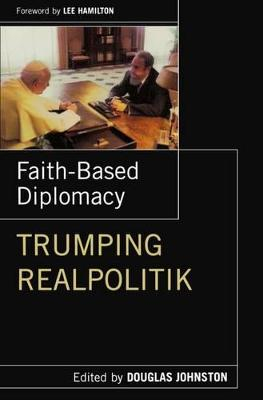

Faith-Based Diplomacy
- Utgiven: 2008
- ISBN: 9780195367935
- Sidor: 296 st
- Förlag: OUP USA
- Format: Häftad
- Språk: Engelska
Om boken
For most of the twentieth century, the most critical concerns of national security have been balance of power politics and the global arms race. The religious conflicts of this era and the motives behind them, however, demand a radical break with this tradition. If the United States is to prevail in its long-term contest with extremist Islam, it will need to re-examine old assumptions, expand the scope of its thinking to include religion and other 'irrational' factors, and be willing to depart from past practice. A purely military response in reaction to such attacks will simply not suffice. What will be required is a long-term strategy of cultural engagement, backed by a deeper understanding of how others view the world and what is important to them. In non-Western cultures, religion is a primary motivation for political actions. Historically dismissed by Western policymakers as a divisive influence, religion in fact has significant potential for overcoming the obstacles that lead to paralysis and stalemate. The Incorporation of religion as part of the solution to such problems is as simple as it is profound. It is long overdue.This book looks at five intractable conflicts and explores the possibility of drawing on religion as a force for peace.It builds upon the insights of Religion, the Missing Dimension of Statecraft (OUP,1994) - which examined the role that religious or spiritual factors can play in preventing or resolving conflict - while achieving social change based on justice and reconciliation. The world-class authors writing in this volume suggest how the peacemaking tenets of five major world religions can be strategically applied in ongoing conflicts in which those religions are involved. Finally, the commonalities and differences between these religions are examined with an eye toward further applications in peacemaking and conflict resolution.
Åtkomstkoder och digitalt tilläggsmaterial garanteras inte med begagnade böcker
Mer om Faith-Based Diplomacy (2008)
I juni 2008 släpptes boken Faith-Based Diplomacy skriven av Douglas Johnston. Den är skriven på engelska och består av 296 sidor. Förlaget bakom boken är OUP USA.
Köp boken Faith-Based Diplomacy på Studentapan och spara uppåt 50% jämfört med lägsta nypris hos bokhandeln.
Referera till Faith-Based Diplomacy
Harvard
Johnston, D. (2008). Faith-Based Diplomacy. OUP USA.
Oxford
Johnston, Douglas, Faith-Based Diplomacy (OUP USA, 2008).
APA
Johnston, D. (2008). Faith-Based Diplomacy. OUP USA.
Vancouver
Johnston D. Faith-Based Diplomacy. OUP USA; 2008.
